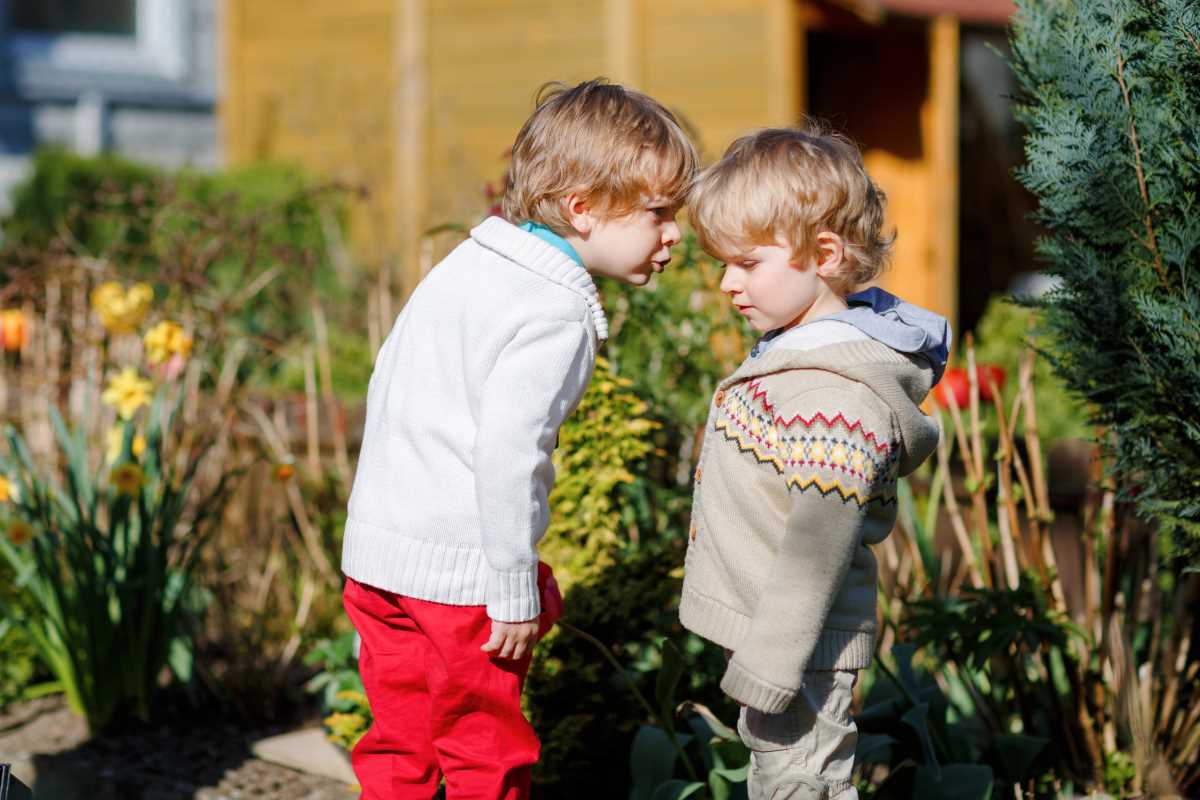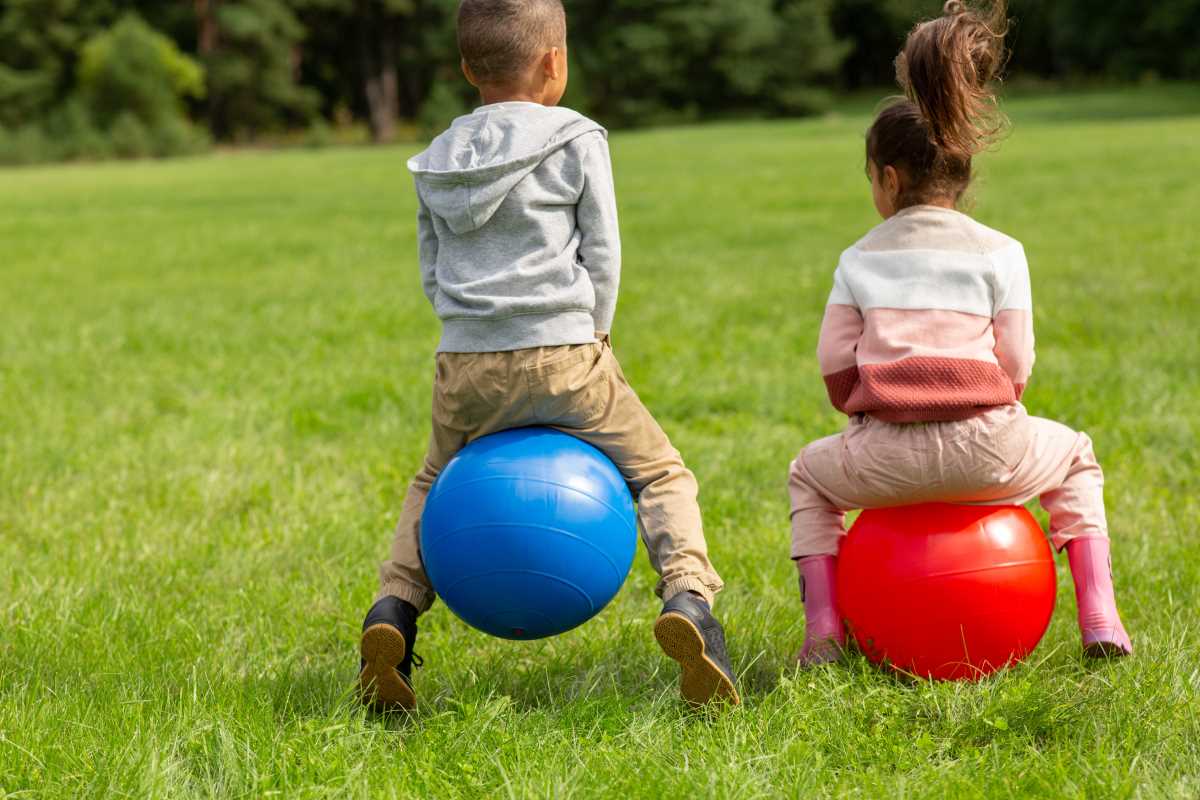Confidence is one of the greatest gifts you can give your child. It shapes how they face challenges, try new things, and interact with the world around them. But confidence doesn’t just appear out of thin air—it’s built over time through encouragement, positive experiences, and learning from mistakes. One of the best ways to help your child build their self-confidence is by using family activities as a foundation for growth.
Family activities are more than just fun; they’re opportunities to teach new skills, foster teamwork, and create a safe space for trying new things. Whether you’re solving a puzzle, baking a cake, or hiking a trail, these shared moments can make a lasting impact on your child’s belief in themselves. Here’s how you can use family activities to boost your child’s confidence while strengthening your bond as a family.
Make Teamwork a Central Theme
Working as a team teaches your child that their contributions matter and that they can rely on others for support. It also helps them understand the value of collaboration and problem-solving, which are essential life skills.
Choose Team-Oriented Activities
Pick activities where everyone has a role to play, and success depends on working together. For example:
- Build something as a family, like a birdhouse or a garden.
- Plan and prepare a special family meal with each person handling a different task (e.g., chopping vegetables, setting the table, or baking dessert).
- Create a family goal, like completing a fitness challenge or organizing a charity event.
By achieving something as a team, your child will feel a sense of pride knowing they played an important part.
Celebrate Each Person’s Role
During and after the activity, acknowledge everyone’s contributions. You might say, “Thanks for handling the decorations—that really made the meal extra special,” or “You did a great job helping us finish the puzzle!” This recognition reinforces your child’s confidence in their abilities to make a difference.
Teach Problem-Solving Together
When challenges arise, approach them as a family. For instance, if you’re lost during a family hike, brainstorm solutions together instead of leaving the decision-making to the adults. Showing that their input matters helps children feel capable even in tricky situations.
Focus on Skill-Building
Learning new skills is one of the most direct ways to build confidence. It reminds kids that with practice and effort, they can achieve things they once thought were too hard.
Pick Activities That Match Their Interests
Start by understanding what excites or intrigues your child. If they love science, try a DIY experiment at home. If they’ve been curious about art, set up a family painting night. Introducing your child to activities they’re passionate about will make the learning process more enjoyable and rewarding.
Break It Down Into Small Steps
If a new skill feels overwhelming, break it into smaller, more manageable tasks. For example:
- Learning to ride a bike? Start with balancing, then focus on pedaling.
- Cooking dinner? Have them measure and mix ingredients before tackling a full recipe.
When they achieve each small milestone, celebrate their progress. These wins will help them see that they’re capable of reaching bigger goals.
Show Them It’s Okay to Fail
Mistakes are part of learning, and family activities are the perfect chance to model how to handle failure. If your project doesn’t turn out perfectly or a game doesn’t go as planned, laugh it off and try again. Teach your child that setbacks aren’t the end of the world; they’re simply a chance to learn and grow.
Create a Supportive Environment
The environment in which your child learns and plays makes a big difference in their confidence. By creating a space of encouragement and positivity, you help them feel safe enough to take risks and step out of their comfort zone.
Practice Positive Reinforcement
Praise effort more than outcomes. For example, instead of focusing on whether a cake turned out perfectly, highlight their determination to try something new. Say something like, “You worked so hard on this, and it’s delicious!” This shifts the focus from perfection to progress.
Avoid Comparisons
Each child has their own pace and strengths, so avoid comparing siblings or other kids. Help your child focus on their personal growth by saying, “You’ve improved so much since the last time we played this game!” or “I love the creativity you showed when making that drawing.”
Encourage Them to Take the Lead
Give your child the opportunity to take charge during family activities. For example, they could be the “leader” during a family scavenger hunt or show everyone how to play their favorite game. Being in charge, even for a short time, builds their self-confidence and leadership skills.
Try Activities That Build Confidence
Here are some family activities that naturally encourage confidence-building while doubling as fun bonding experiences.
Outdoor Adventures
Spending time in nature offers endless opportunities for challenges and achievements:
- Go hiking on a trail that matches your family’s skill level, and celebrate when you reach your destination.
- Build a campfire together during a camping trip or in your backyard.
- Try a family obstacle course.
Creative Projects
Creative activities help kids express themselves and explore their abilities:
- Host a family talent show where everyone shares a skill or performance.
- Work together to create art, like painting a mural or decorating a room.
- Start a family scrapbook or photo album where your child helps design pages.
Community Service
Giving back fosters a sense of accomplishment and empathy:
- Volunteer together at an animal shelter or community garden.
- Organize a family donation drive for a local food pantry or charity.
- Create care packages for neighbors or people in need.
Games and Challenges
Games are a low-pressure way to help your child practice problem-solving and teamwork:
- Play cooperative board games where the family works toward a shared goal.
- Set up a treasure hunt with riddles or clues for your child to solve.
- Try escape room-style games at home, giving your child the chance to think critically and lead the team.
Make a Habit of Building Confidence
Confidence-building isn’t a one-time event; it’s something to nurture day by day. By making family activities a regular part of your routine, you create a foundation of learning, support, and fun that boosts confidence naturally.
Set a Weekly “Family Activity Night”
Dedicate one evening a week to spending time together, rotating the activities so there’s always something fresh to try. Whether it’s game night, cooking, or storytelling, these moments reinforce your bond and give your child a safe space to grow and explore.
Reflect on Achievements
At the end of each activity, take a moment to talk about what went well and what everyone enjoyed. Highlighting these wins helps your child leave each experience feeling confident and accomplished.
Stay Patient
Every child builds confidence at their own pace, and patience is key. Keep showing up, offering encouragement, and cheering them on. It’s the consistent effort that makes all the difference.
 (Image via
(Image via





